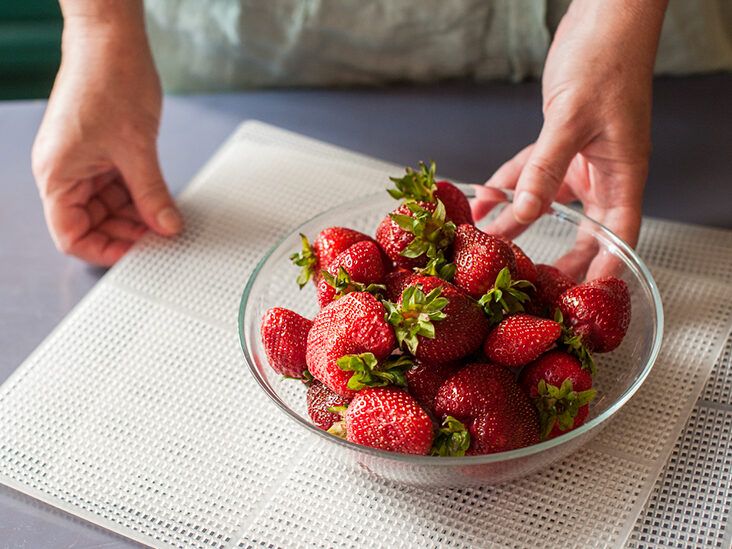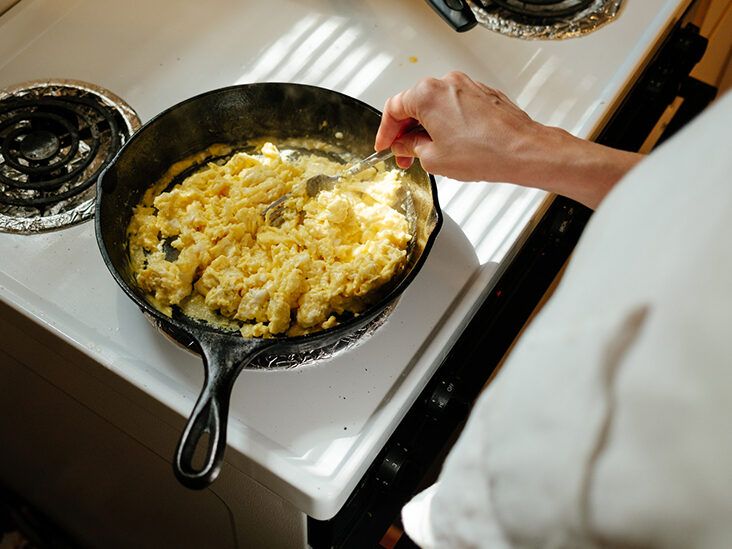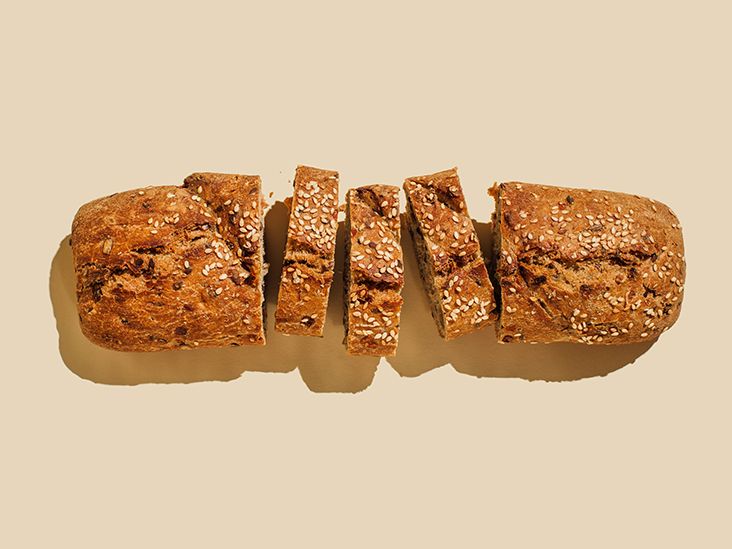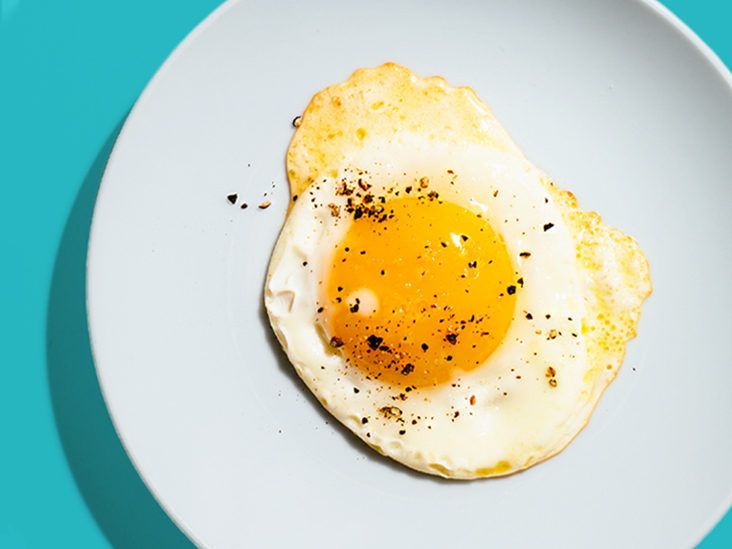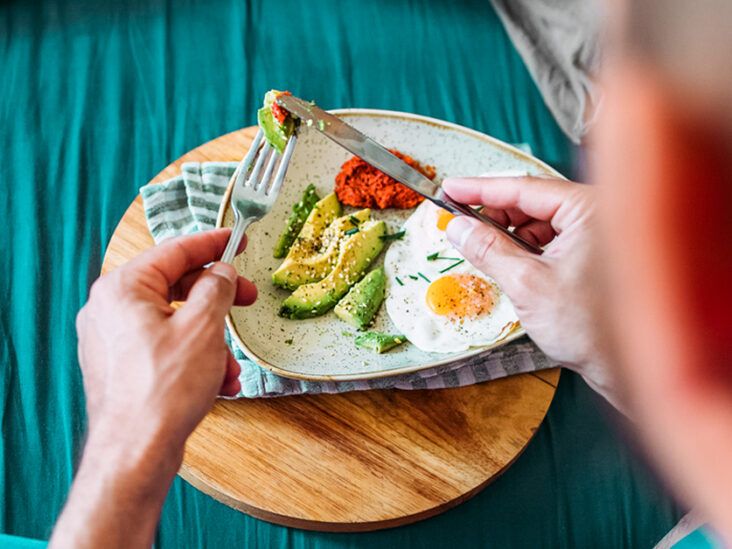Key takeaways
- We consider a CBD oil to be strong if it has at least 50 milligrams (mg) of CBD per 1 milliliter (mL) serving.
- Strong CBD oils may not be the best choice for those new to CBD. Some trial and error may be required to find the best dose for you.
- Lazarus Naturals Full Spectrum CBD Tincture is our top pick, while cbdMD Broad Spectrum CBD Oil is the strongest CBD oil we’ve tried.
- Best full-spectrum for beginners: CBDistillery ahhh Distilled Full-Spectrum CBD Oil, 5,000 mg | Skip to review
If you’re reaching for cannabidiol (CBD) oil, you may be looking for pain relief, better sleep, or relief from other symptoms while avoiding the euphoric effects of cannabis or other medications.
Not everyone needs a high potency CBD product, but if you’re not getting the desired effect with your current CBD oil, a stronger option may be right for you. We’ve reviewed some options and shared our thoughts below.
High-potency CBD |
at least 50 milligrams (mg) of CBD per 1 milliliter (mL) serving
You can find CBD products — whether broad-spectrum, full-spectrum, or CBD isolate — in various potencies. While there’s no one definition of strong CBD, we consider high potency products to have at least 50 milligrams (mg) of CBD per 1 milliliter (mL) serving.
However, keep in mind that CBD affects everyone differently, so what feels strong to you may not be as potent to another person. This is especially true if you’re new to CBD.
• 1,500 mg per 30-mL bottle
• 6,000 mg per 120-mL bottle
• 6,000 per 60-mL bottle
• 6,000 mg per 100-mL bottle
• 3,000 mg per 50-mL bottle
• 6,000 per 100-mL bottle
We selected these CBD oils based on criteria we think are good indicators of safety, quality, and transparency.
We also tried most of these oils and are continuing to test more products to provide feedback on our experience.
As a part of our vetting process, we consider:
- the product’s composition, ingredients, and overall quality
- any third-party certifications
- the company’s reputation and business practices
- any lab test results
- marketing claims
Read more about how we vet products and brands.
Our Medical Standards and Insights team has carefully researched and vetted over 11,000 products and services. We fact-check health claims, evaluate ingredients, and look into each brand’s reputation before sharing products and services on Healthline.
To choose the products on this page, we considered all the CBD oils that passed our vetting process. Then, we personally tested some of them to narrow down our list even further. Read more about how we test CBD products.
For now, the Food and Drug Administration (FDA) doesn’t guarantee the safety, effectiveness, or quality of over-the-counter CBD products.
You can avoid purchasing CBD products that are misrepresented or mislabeled by looking for products that come with an up-to-date COA from a reputable third-party lab.
Once you have the COA, review it to make sure the amount of CBD and THC in the product matches what’s advertised.
Contaminant testing results are another important area to review. These vary by brand, but in general, it’s good practice to keep an eye out for testing results for pesticides, heavy metals, and molds.
It’s also always a good idea to make sure you’re buying from a company that’s transparent about where it grows its hemp and how it produces its products.
This information should be readily available on the brand’s website so you can review it before buying.
CBD dosage
To learn how many drops to use, follow the recommended dosage provided by the manufacturer or your healthcare professional.
Proper serving sizes for CBD vary widely depending on individual factors, like:
- intended use
- body weight
- metabolism
- body chemistry
It’s always best to start with a small dose. If needed, you can increase the dose over time until you reach your preferred results.
While CBD can be used at any time of day, you’ll want to space out doses at least 4 to 6 hours apart. Of course, if you’re looking to improve sleep, take CBD before bed.
The immediate effects of CBD typically happen within 30 to 90 minutes. Depending on your preferred method of administration, the immediate effects may vary.
Long-term results may take several weeks to accomplish.
Pros
- you need less product to experience effects
- you can scale your dose up or down depending on your needs
- they’re usually more cost-effective in the long term
Cons
- requires more careful dosing
- higher doses may not be safe for first-time CBD users
- higher risk of experiencing side effects
The strongest CBD oil on our list, cbdMD Broad Spectrum CBD Oil, comes in strengths up to 7,500 mg. That is on the high end of dosage strength for CBD oil.
There are CBD tinctures as strong as 10,000-mg per bottle, but those are typically good for very experienced users.
Yes, people consider a 3,000-mg strength CBD oil to be strong. It may not be appropriate for new users.
People consider a dose of 5,000 mg to be high for a CBD product. It is a good option for experienced CBD users.
CBDistillery and Level Select make 5,000-mg CBD oils that our testers liked.
It may take some trial and error with CBD oils at varying potency levels to decide if a stronger CBD oil is best for your needs.
Side effects may be more likely at higher dosages.
A 2020 systematic review of human trials showed CBD to be relatively safe at various doses. Most of the studies in this review used daily doses of 300 mg to 600 mg.
Note that these doses are specific to the populations included in the studies and may not be the right dose for you.
Strong CBD isn’t the best choice for everyone, especially for people new to CBD.
If you’re new to CBD, start with the lowest dose you can before slowly increasing it until it feels right for you. This means beginning with low dose CBD products and avoiding full-spectrum CBD products.
Broad-spectrum CBD and CBD isolate seem to be good options for people new to CBD. Seeing how you react with a low dose option before testing the waters with stronger products is a good rule of thumb.
Strong CBD is also not for people taking other supplements or medications. CBD can interact with some medications, especially those with a grapefruit warning. Talking with your healthcare professional before adding CBD to your routine is always a good idea.
Strong CBD may increase the risk of side effects like fatigue, diarrhea, appetite changes, and weight changes. People looking to avoid side effects shouldn’t take high doses of CBD.
Strong CBD is also not for people looking to avoid THC. Many strong CBD products are full-spectrum, which contain trace amounts of THC. Even if your CBD product is listed as THC-free, it’s still possible that it contains enough THC to show up on a drug test or cause psychoactive effects.
While CBD shows promise for pain relief, research doesn’t support its safety and efficacy, and the FDA doesn’t approve CBD for pain management.
A 2020 review shows that CBD may reduce inflammation, relieve chronic pain, and improve sleep. But, the reviews notes, these effects are seen only in specific conditions.
Further studies are needed to determine CBD’s effects on pain and to learn more about the safest and most effective doses.
Although there’s no one definition of strong CBD, we consider high potency to be at least 50 mg of CBD per 1-mL serving.
Remember to start with a small dose so that you can increase it and how often you take it until you reach your desired effect.
Talk with a healthcare professional before trying any CBD products.
Healthline has sole editorial control over this article. Potential uses for the products listed here are not health claims made by the manufacturers. The information in this article is intended to be general in nature. It’s not intended to be a substitute for medical advice from a healthcare professional. Healthline encourages you to make any treatment decisions with your healthcare professional.
Is CBD legal? The 2018 Farm Bill removed hemp from the legal definition of marijuana in the Controlled Substances Act. This made some hemp-derived CBD products with less than 0.3% THC legal at the federal level. However, CBD products containing more than 0.3% THC still fall under the legal definition of marijuana, making them illegal at the federal level. Some states have legalized CBD, so be sure to check state laws, especially when traveling. Also, keep in mind that the FDA has not approved nonprescription CBD products, and some products may be inaccurately labeled.






